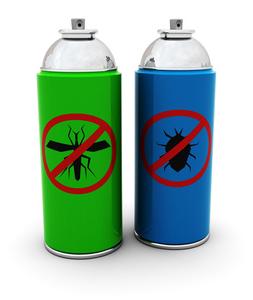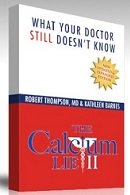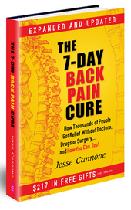 |
||||
DEET Toxicity - How Toxic is It?DEET toxicity is not something you need to add to all the other toxins you are exposed to daily. If you are trying to avoid toxic substances then you should be concerned about DEET as it can cause damage to your central nervous system.Scientific papers published in the open access journal BMC Biology are calling for more urgent investigation of the chemical's toxicity. Scientists are concerned not just about the potential brain damage from DEET but even more about the greater harm that could be caused if it is used synergistically (in combination with) other neurotoxic insecticides. Since DEET is commonly used this way in insect-repellant products they are very concerned.  French scientist Vincent Corbel (The Institut de Recherche pour le Developement in Montpellier and Bruno Lapied from the University of Angers) said in a media interview "We've found that DEET is not simply a behavior-modifying chemical but that it also inhibits the activity of a key central nervous system enzyme, acetycholinesterase, in both insects and mammals." The chemical name for DEET is N,N-Diethyl-3-methylbenzamide. This yellowish oil was developed by the US Army after World War 2 and was released for civilian use in 1957. It is the most common ingredient found in insect repellents designed especially to repel mosquitoes. Mosquitoes are more of a concern as we are hearing more all the time about West Nile fever and even suggestions that Lyme Disease might be spread by mosquitoes. (Lyme disease is most commonly spread by ticks which are also repelled by DEET.) Studies have identified some of the dangers of DEET toxicity. It can:
The United States Environmental Protection Agency has reported 14 to 46 cases of potential DEET-associated seizures, including 4 deaths. Although such extreme reactions are very rare one has to wonder what the long-term, less-noticeable effects might be. The French study showed that DEET inhibits the central nervous system enzyme acetylcholinesterase which hydrolyses the neurotransmitter acetylcholine. This leads to a build up of acetylcholine and can cause neuromuscular problems. Because DEET is commonly used in combination with other insecticides having a similar action the combined effect of the two insecticides (or more) can by multiplied (synergism) rather than being simply additive. The toxicity, particularly in combination with other chemicals, may be considerably magnified and is poorly understood. There are other, non-toxic approaches to dealing with mosquitoes:
|
A PAIN-FREE LIFE?
Site Philosophy: Get
toxins out,
good nutrition in,
keep moving,
and your intricately-designed, self- healing body can get things working right and give you natural pain relief
GUARANTEED PAIN RELIEF Relieve your pain - approved medical device increases circulation and healing. | |||
|
| ||||
The contents of this site are intended for educational and information purposes only. © Copyright 2008-2013. All Rights Reserved.
| ||||







New! Comments
Have your say about what you just read! Leave me a comment in the box below.